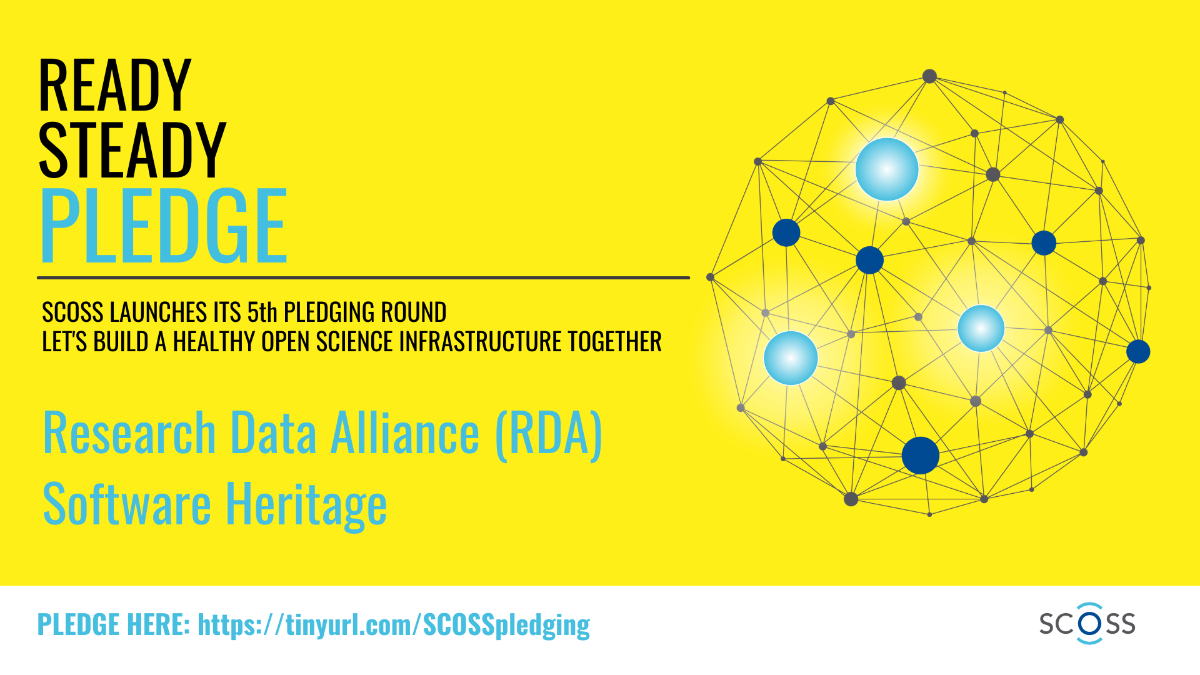UNESCO has published a report assessing the open science situation
UNESCO has published a new report – Open Science Outlook 1: Status and Trends Around the World. This assessment of the state of open science worldwide follows on from the UNESCO Recommendation on Open Science in 2021.
“While the findings point to increases in the adoption of open science practices across regions and disciplines, this growth has been uneven. Gaps persist along existing socio-economic, technological and digital divides between countries. Lack of equity in access to funding, skills and tools are preventing open science from reaching its full potential. The transition to open science requires a shift in the culture of and partnerships for science. Only collective, collaborative and coordinated action and investment can accelerate the transition to a truly global, equitable open science.“
The main messages to emerge from the findings are:
- Open science, as defined in the 2021 UNESCO Recommendation on Open Science, should serve to widen access to scientific knowledge for the benefit of science and society. It should strive to promote opportunities for innovation and participation in the creation of scientific knowledge and the sharing of its benefits.
- For open science to reach its full potential, it must be a truly global equitable phenomenon.
- Growing evidence demonstrates the rapidly increasing adoption of open science practices around the world and across multiple disciplines. However, the existing approaches used to assess open science must be strengthened to address all aspects and values of open science.
- The transition to open science requires a shift in the culture of science.
- Collective, collaborative and coordinated action and investment are needed to accelerate the transition to a truly global, equitable open science.
UNESCO has also made its Open Science Toolkit available. This collection of guides, briefing notes, fact sheets and directories is designed to support the implementation of UNESCO’s Recommendation.





